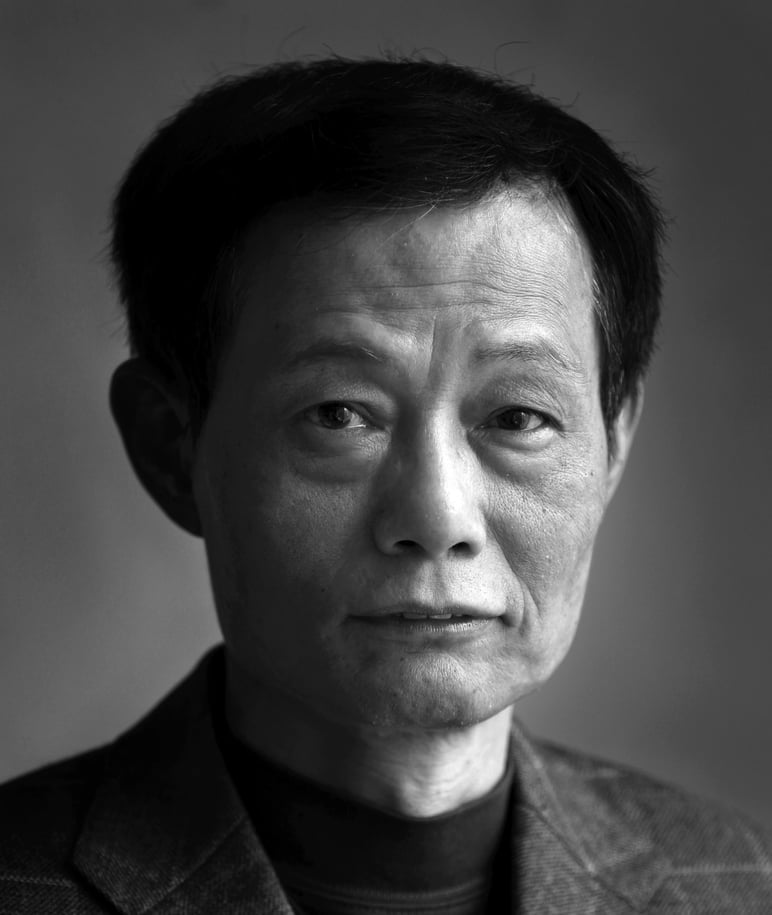
If world is united, why can’t it stop North Korea’s nuclear plans?
North Korea’s fifth nuclear test in defiance of international efforts has once again raised the question: why does a seemingly united world not stop the rogue nation from making trouble?
Since it started testing missiles in 1993, the isolated state’s nuclear and missile programmes, though erratic and often failures, have stirred up one crisis after another, despite sanctions unanimously imposed by members of the United Nations Security Council since 2006.
Over the past decade, Pyongyang has been conducting nuclear tests at intervals of two or three years. Since Kim Jong-un took power, the tests have become more frequent. It has conducted two this year alone.

Just a few weeks ago, North Korea launched ballistic missiles into the sea separating it from Japan – at the same time as Japanese, Chinese and South Korean foreign ministers were meeting in Tokyo. The launch also coincided with a summit involving leaders of the Group of 20 major economies in Hangzhou (杭州), China, attended by President Xi Jinping (習近平) and his South Korean counterpart Park Geun-hye.
First photos emerge of North Korean flooding, as Pyongyang appeals for help despite defying world with nuclear test
The impoverished North Korea should have been tamed by tough sanctions from economies hundreds of times its size. The continuous failure of the international efforts puts into question the sincerity of major powers’ cooperation on the issue, suggesting each may be pursuing their own strategic goals rather than the commonly stated target of denuclearising the peninsula.
In contemporary history, Korea has been a pawn in a battle for control and influence between China, Japan, Russia and the US.

Of those involved in the aborted six-party talks, Washington, Tokyo and Seoul want a united Korea that is democratic, capitalist and pro-Western, while Beijing wants a communist ally and strategic buffer against American military presence. Russia wants to prevent the US from taking a foothold in continental Asia.
China has the leverage with its fellow Marxist-Leninist neighbour, given the lifeline material support Beijing offers the Stalin-esque Kim family dynasty. But Beijing’s realpolitiks demand it give periodic shows of diplomatic support too.
Has North Korea already prepared for its next nuclear test?
For instance, Xi’s high-profile meeting in June with Ri Su-yong, the newly-promoted vice-chairman of the ruling Workers’ Party, sent a message to the world that China would not tolerate efforts to unseat the Kim regime. The meeting came days after the North’s missile launch and Ri’s defiant statement in Beijing that the North would continue its nuclear programme.
This time around, Beijing has also defied international calls to impose further sanctions on Pyongyang. It is now more concerned about US President Barack Obama’s “pivot to Asia”, seeing the plan to deploy the Terminal High Altitude Area Defence (THAAD) system on South Korean soil as a bigger threat than the North’s nuclear programme.
The question for China is how much to give and how much to take in playing the North Korean card in its dealings with the US-led alliance.
Defiant North Korea 'ready for new nuclear test' as global powers mull response
Can Beijing always succeed in manipulating Pyongyang to advance its national interest? Is it being used by the reclusive young leader? Will Kim one day use his nuclear programme to blackmail his country’s big brother if their relationship breaks down?
The hard truth in this game is that China is in the most dangerous position as its proximity to the North puts most of its territory within the range of any nuclear strike.
Cary Huang, a senior writer with the South China Morning Post, has been a senior editor and China affairs columnist since the early 1990s

